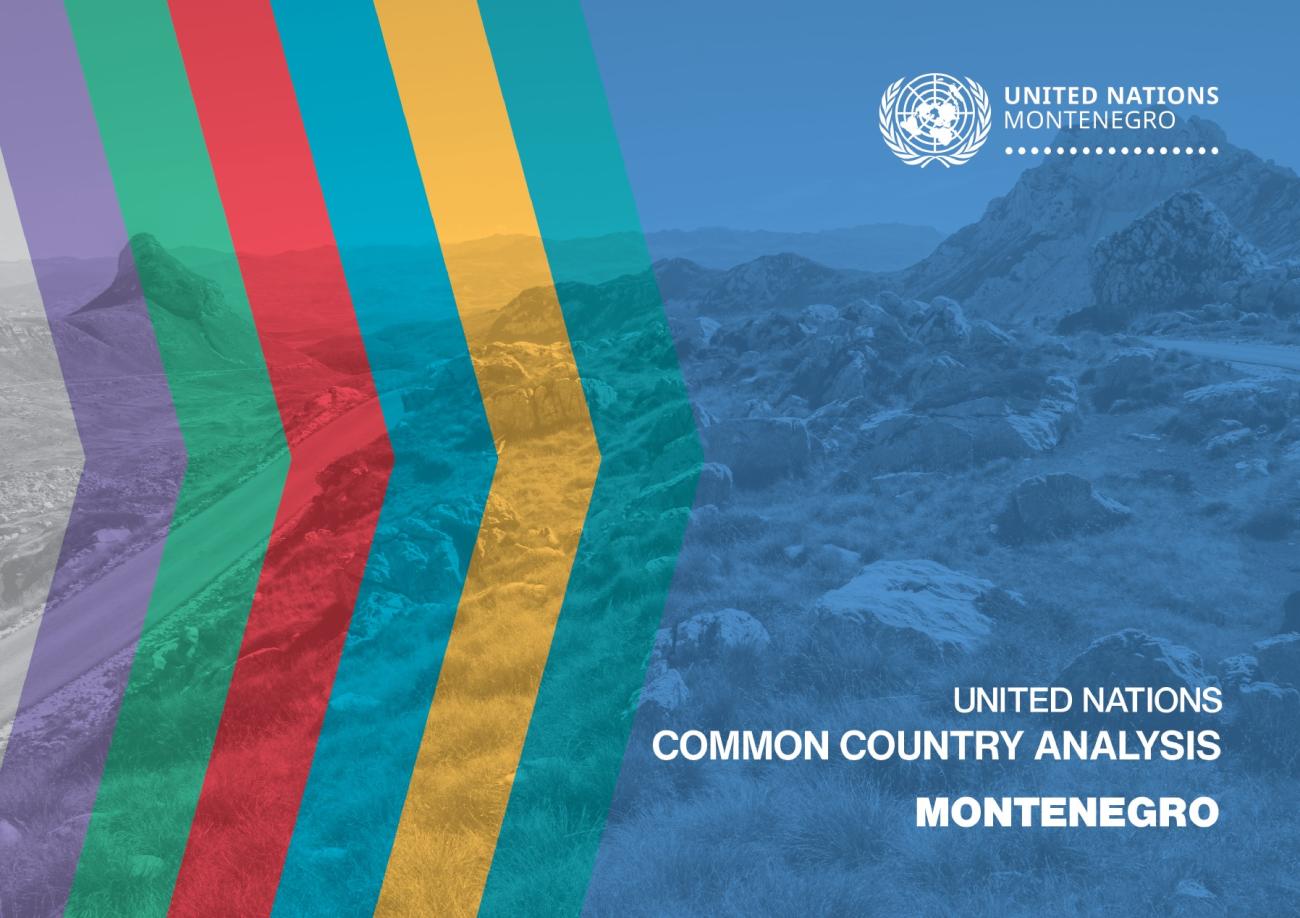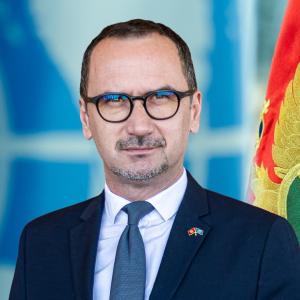The United Nations in Montenegro gathered a wide range of international partners to present its analytical document Common Country Assessment (CCA) which will serve as a basis for the development of the new five-year strategic framework of cooperation between UN and Montenegro – the UN Sustainable Development Cooperation Framework (UNSDCF).
As an in-depth analysis of the situation in the country, the CCA looks at the key developmental challenges and root causes and suggests concrete interventions for addressing them. It has been developed by the UN team in the period September 2020 – January 2021.
We have developed the CCA as a crucial evidence to feed the next five-year plan of cooperation which we will develop jointly with the Government. The document is result of our collective knowledge, data and expertise but after its finalization we strongly felt that views and suggestions from our development partners would be very useful to additionally inform our future framework of cooperation with Montenegro.
Peter Lundberg, UN Resident Coordinator in Montenegro
Lundberg highlighted that valuable views and advice collected at the meeting will be incorporated into further UN’S strategic planning.
The exercise gathered more than 80 participants from over 30 international organizations including embassies, international financial institutions and donors. The session saw an interactive debate, including topical discussions in thematic groups, generating a number of observations and concrete suggestions such as the need for decoupling economic growth from environmental degradation, the importance of advancing social cohesion in the country but also in the region, ensuring data availability as well as the importance of sequencing interventions in the post-COVID period, with overall consensus on strong interlinkages between all these elements.
I was pleased to see such wide consultation on the new CCA for Montenegro and to be involved myself. There was broad agreement on the content of the Assessment by the range of stakeholders present and I am confident that this means the new Framework will be strategic and responsive to Montenegro’s needs.
Karen Maddocks, UK Ambassador in Montenegro
Development partners thanked UN team for the opportunity to discuss and provide feedback to CCA findings and stressed out the importance of coordination between international actors who work on supporting Montenegro’s progress.
I thank the United Nations for sharing the Common Country Assessment and for giving us the opportunity to comment. Coordinating the EBRD’s strategy and projects with other International Financial Institutions, bilateral and multilateral development partners is essential to ensure our resources and projects achieve their highest impact.
Jaap Sprey, Head of Montenegro at the European Bank for Reconstruction and Development (EBRD)
Development of Common Country Assessment was intensive, collaborative process of different UN teams and experts, diving into areas of strategic support to the country, including a) Inclusive economic development and environmental sustainability, b) Human capital development, poverty reduction and social inclusion, c) Governance, institutions, and social cohesion. The analysis provides insight into the progress made in these areas, gaps and challenges as well as the root causes, but also suggests concrete actions to address them, while elaborating prospects of SDGs financing.
Within the reformed United Nations Coordination System, the Common Country Assessment (CCA) is a major UN-produced analytical report which is set to be updated on annual basis, and the UN Resident Coordinator pledged to invite development partners around each annual update of the report.
The UN Resident Coordinator highlighted that this kind of exchange would be very useful as a regular practice in the future which would help UN to better shape its strategic planning and intervention in the country.
“Having this kind of exchange as a regular practice in the future would certainly help us in the UN to better shape our strategic planning and intervention in the country,” Lundberg concluded.

